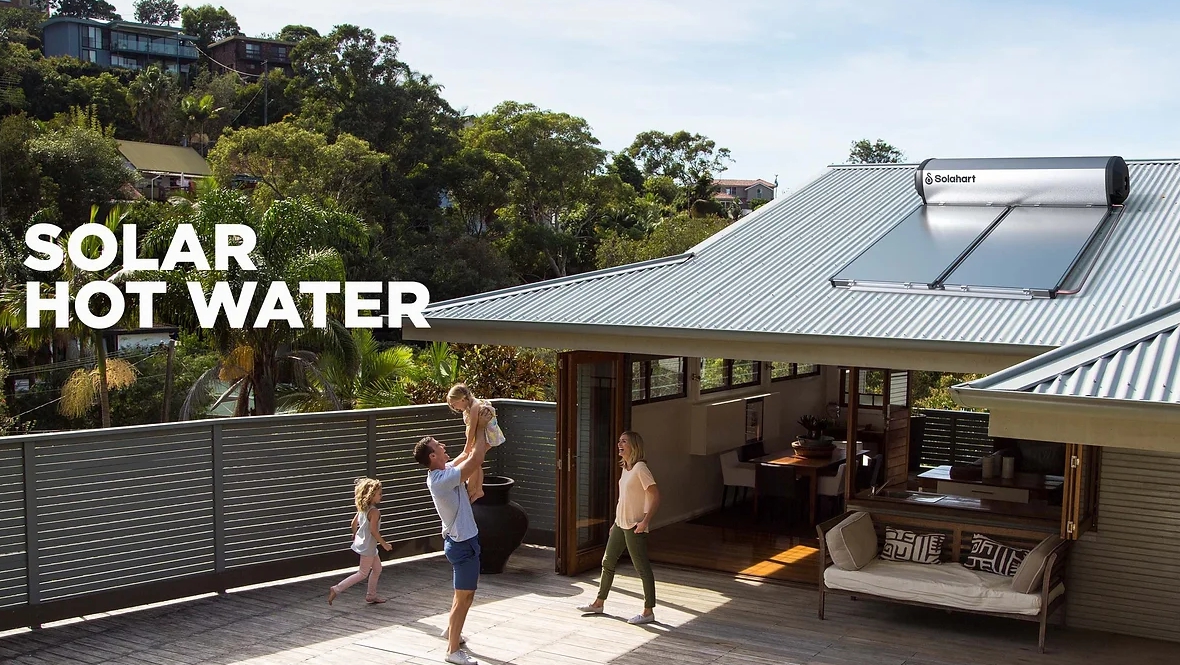Important Understanding Of Solar Energy Management System
Important Understanding Of Solar Energy Management System
Blog Article
What is a solar power management system?
A solar power management system is a thorough setup that allows the efficient generation, monitoring, and utilization of solar technology. It requires a range of components including solar panels, inverters, batteries, and monitoring systems. One of several key components in modern solar energy management will be the use of advanced monitoring systems, which may significantly improve the efficiency and toughness for solar energy generation.
Importance and important things about solar power management systems
The need for solar energy management systems is in their ability to harness alternative energy, reduce expenses, and reduce environmentally friendly impact. They are required for optimizing the performance of solar power systems, ensuring that energy generation meets consumption needs, and maximizing return on your investment.
2- Understanding Solar panel technology
Explaining solar power generation
Solar technology generation involves converting sunlight into electricity. That is typically achieved through the use of pv cells which generate a current when exposed to sunlight. Solar panel systems include these cells and they are installed in locations with optimal sunlight exposure.
How solar power panels work
Solar power panels work by getting photons from sunlight to knock electrons clear of atoms, generating a current. This dc (DC) is then changed into alternating electric current (AC) by an inverter, rendering it usable for household appliances as well as the electrical grid.
Forms of solar technology systems
You can find mainly three forms of solar technology systems: grid-tied, off-grid, and hybrid systems. Grid-tied systems are linked to the electrical grid, making it possible for the energy to get fed into the grid. Off-grid systems are standalone and frequently include batteries to hold the solar power. Hybrid systems combine aspects of both.
3- Aspects of a Solar Energy Management System
Solar panels
Solar panels include the fundamental component for capturing sunlight and converting it into electricity. They are often attached to roofs or any other structures.
Photovoltaic (PV) panels
Photovoltaic panels include pv cells, which generate electric power by utilizing sunlight.
Solar thermal panels
Solar thermal panels are used for heating purposes by absorbing sunlight to heat a fluid that may then be familiar with produce steam.
Inverter
Inverters are critical components that convert DC made by solar panels into AC which is used by most appliances and is fed to the grid.
Batteries
Batteries are utilized mainly in off-grid systems to save excess energy may be used when sunlight is just not available.
Charge controller
A cost controller manages the charging and discharging from the battery, protecting it from overcharging and over-discharging.
Monitoring and control systems
Monitoring and control systems allow users to monitor, analyze, and manage the performance of solar technology systems remotely.
More info about solahart go to this popular web portal: check